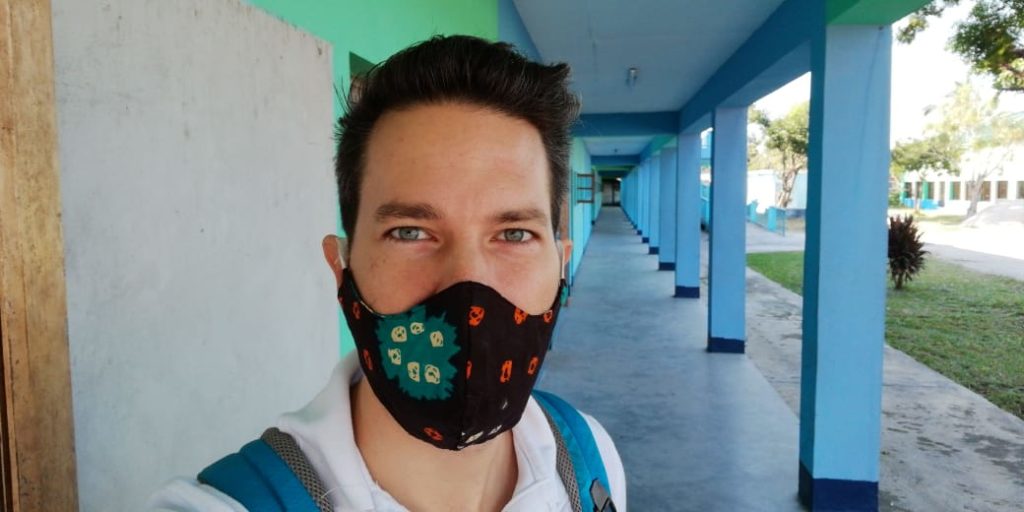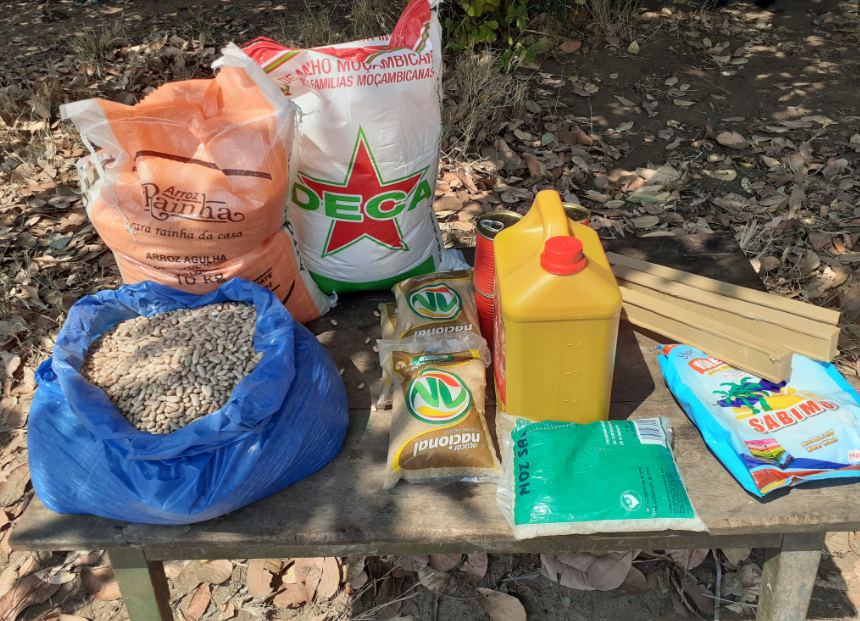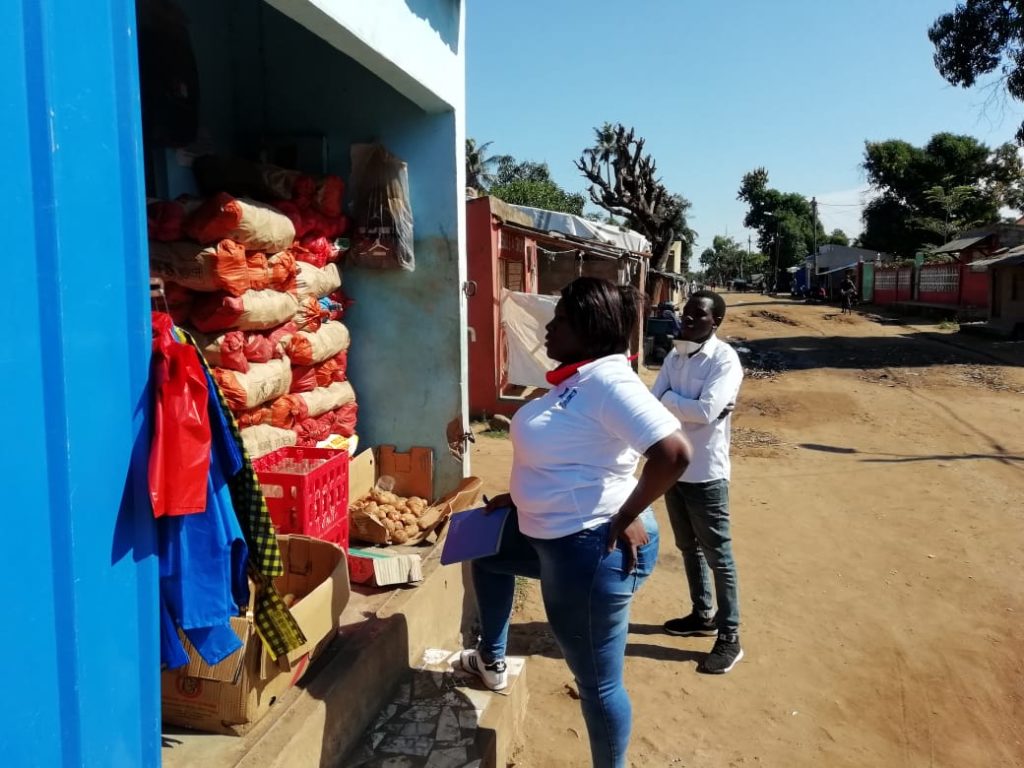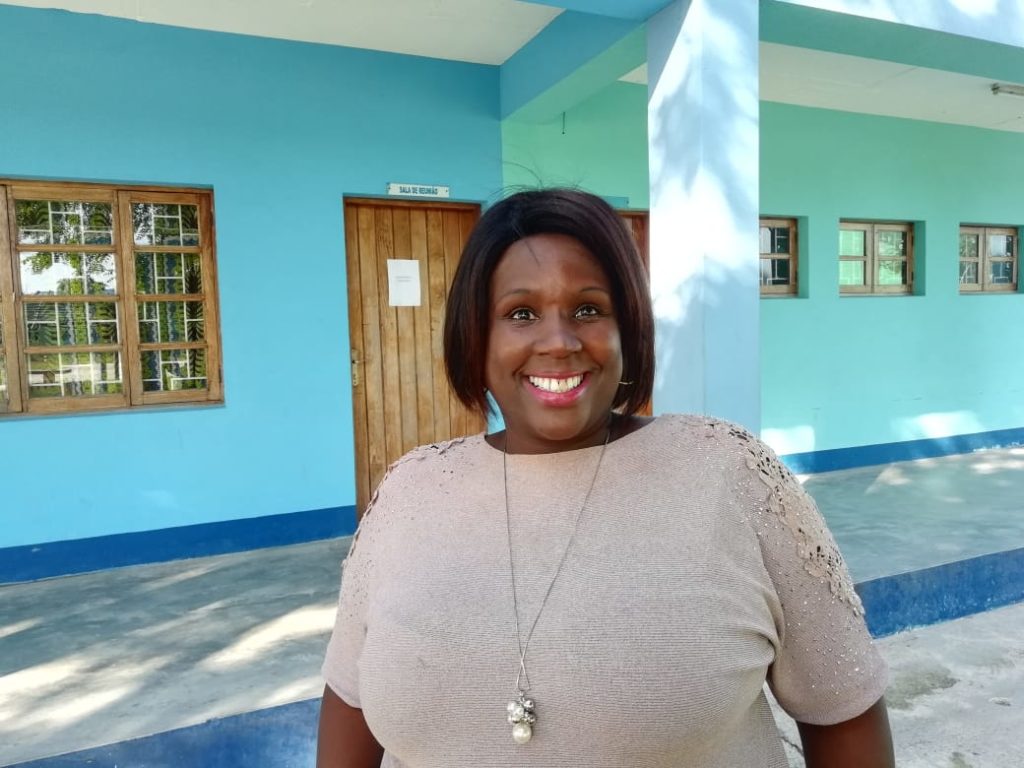Make Your Experiences Count. They Can Change the World.
LET’S BRING ALL OF OUR KNOWLEDGE AND EXPERIENCES TOGETHER.
TOGETHER WE KNOW MORE. TOGETHER WE ACHIEVE MORE. TOGETHER WE DO BETTER.
LET’S BRING ALL OF OUR KNOWLEDGE AND EXPERIENCES TOGETHER.
TOGETHER WE KNOW MORE. TOGETHER WE ACHIEVE MORE. TOGETHER WE DO BETTER.
Published: December 21, 2020
I have to admit, this is a somewhat attention-grabbing title for an experience report that attempts to describe the balancing act that my work as an advisor in the development sector in Mozambique in 2020 entailed. What do I mean here by tightrope walk?
I went to Mozambique at the end of 2019 as an Entrepreneurship Technical Advisor. Since then, I have been working together with Young Africa (YA) apprenticeship training institutions to provide vocational training to youth and young adults in Mozambique.

After the first few months, during the time I was familiarizing myself with Young Africa, the Covid-19 pandemic reached Mozambique and with it all the known preventive measures, including the closure of schools and training centers. Young Africa’s two training centers in the central province of Sofala were also closed from mid-March til the end of September, in accordance with the rules of the state of emergency imposed by the government.
The abrupt closure had a serious impact on Young Africa Mozambique’s financial situation due to the lack of income from course fees and scholarship programs. To mitigate the social and economic consequences of the Covid-19 pandemic for YA apprentices and their families, as well as for the training institutions, Young Africa Mozambique was able to launch a Covid emergency project in partnership with the Dutch Embassy. The project consisted of:

For an organization such as Young Africa, which has previously specialized in apprenticeship training and longer-term development projects, this project was a major challenge due to the new field of work of food distribution and the humanitarian requirements of rapid aid. Although Young Africa had already distributed food packs in collaboration with Caritas Austria in 2019 after Cyclone Idai, it had been on a much smaller scale back then.

This temporary focus on a large emergency aid project has also presented me with new challenges in my role as a TA. “Do I continue to actively organize the project now, or do I do a better job of advising and providing assistance?” I asked myself this question more than once during the first phase of the project. I was very much involved as a liaison between Young Africa Mozambique and Young Africa International. The latter had worked out the project and were in contact with the Dutch embassy. There were often these tightrope acts in work steps that had to be done quickly, between “organizing certain things myself” or passing them on to one of my local colleagues.
Due to the large amount of work involved in the Covid-19 emergency aid project and the fact that YA Mozambique only employed one additional worker, the work pressure and the stress level on the YA employees increased considerably. I quickly realized that under these circumstances, purely advisory activities on my part would not be sufficient to successfully implement the emergency aid project. Therefore, I decided to become actively involved in certain areas at the operational level. This gradual cooperation (quasi as additional workforce) is to a certain extent probably known to every consultant who has been working in the development sector for a longer period of time in one form or another.

The cooperation with my counterparts (colleagues to be consulted) had the effect, to name only one positive effect, that I got to know the daily work routine and the daily problems (which exist in every organization) very comprehensively and thus the organizational analysis that I had worked out for YA and am constantly expanding became much more detailed and practical.
What do you think about the dichotomy of advising versus collaborating in development?
Write me your opinion about it: johannes.raher@horizont3000.org or leave a comment below.
If you want to read more on this topic, don’t miss Floor van den Berg’s post on When to step forward and when to step back.